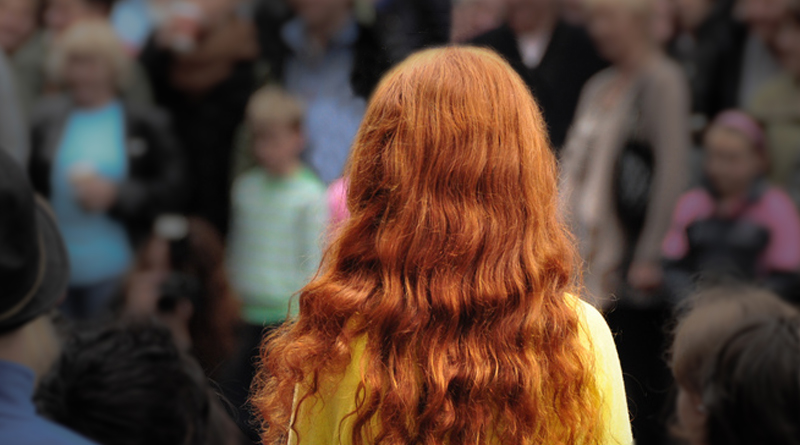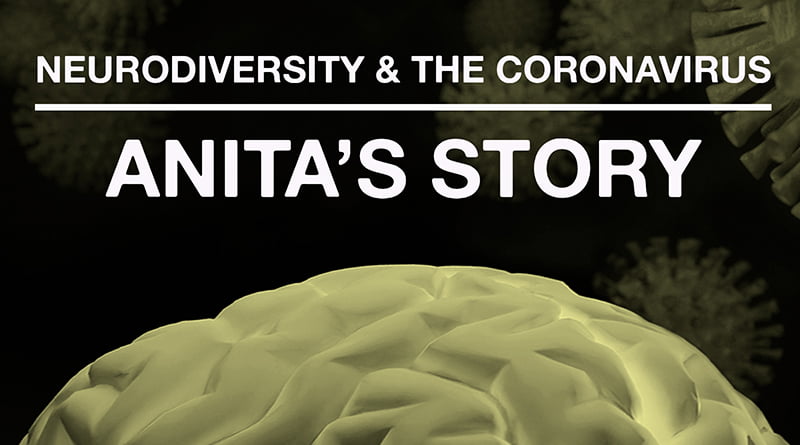
Navigating Society With a Hearing Impairment
By Alina Pacheco
My first childhood years as a hearing-impaired person were to my knowledge no different than the other children around me. I did not think anything of the countless hours of speech therapy because for me it was like going to a place where there are many toys for me to play with. My parents on the other hand were very aware of the challenges that anyone with a disability must face, and therefore did everything they could to minimize those challenges.
One advantage I had was the early detection of my hearing loss. I was fitted with hearing aids before my first birthday. Almost right after, I had an early intervention teacher come to my house to “play” with me three times a week. This was possible thanks to the services of FDLRS (Florida Diagnostic and Learning Resource Systems).
When I turned three I went to a special program for those with hearing impairment. By Kindergarten my teachers felt I would benefit by being mainstreamed into a regular classroom with hearing children. Even though I struggled somewhat with my school work, I was always able to keep up with my grades. I continued receiving speech therapy until about the age of 11 or 12. A few years before that our medical insurance stopped paying for the sessions and my parents continued to pay out of pocket for these expensive sessions. Today I am thankful for all the effort because even though my speech is nowhere near perfect I am understood everywhere I go.
It was hard to find people who, at that age, would have the patience to repeat things twice or three times for me to understand. When hanging out in a group the conversation was like playing ping-pong with five different balls going at the same time!
As I said earlier my childhood years seemed to me very normal and no different than the other children. That began to change as I began to grow up. With the help of my mom, who is a teacher, and with a lot of hard work on my part, my academic life – even with my disability – continued to progress all the way to being able to earn a Bachelor’s Degree. Unfortunately, my social life did not meet the same luck.
Social life in middle and high school is not easy for anyone, imagine how difficult it is when you have a disability that makes you different! While nobody ever bullied me or purposely made me feel bad, it was just very difficult to be able to keep up with the conversations. It was hard to find people who, at that age, would have the patience to repeat things twice or three times for me to understand. When hanging out in a group the conversation was like playing ping-pong with five different balls going at the same time!
Now as an adult people are more mature, and I am more conscientious of making the effort to talk to people and not let it interfere with making friends. Nowadays when I am in a big group and everyone is talking and laughing at the same time and I have no clue; I have learned to master the art of faking it. I just nod and laugh along, after all laughter is contagious!
Alina Pacheco is a graduate of Florida State University, with a Bachelor in criminology. She currently lives and works in Miami, Florida.




